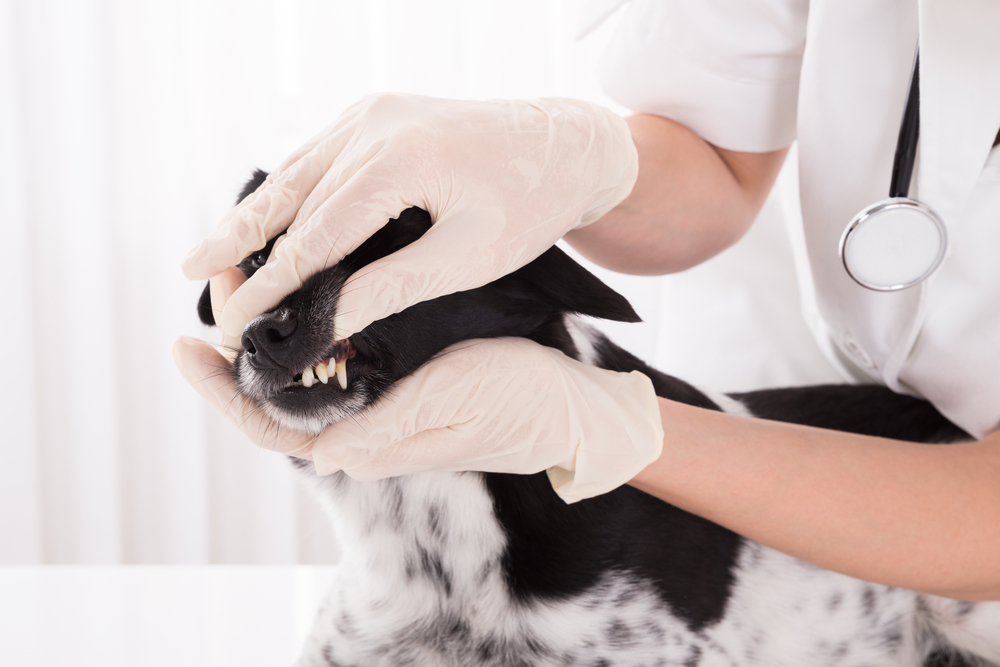
Good dental health is essential for your pet’s overall well-being, yet it’s often one of the most overlooked aspects of pet care. Pets can suffer from a variety of dental issues that, if left untreated, can lead to pain, infection, and even systemic health problems. Understanding the most common dental problems in pets and how to prevent them can help you keep your furry companion healthy, comfortable, and happy for years to come.
Gingivitis
Gingivitis is the early stage of gum disease and is marked by red, swollen gums and bad breath. If untreated, it can progress into more severe periodontal disease.
Prevention:
Establish a daily oral hygiene routine.
Use dental rinses or water additives approved by your veterinarian.
Keep up with regular veterinary dental exams.
Periodontal Disease
Periodontal disease is the most common dental issue in both dogs and cats. It occurs when plaque and tartar build up on the teeth, leading to inflammation and infection of the gums. If left untreated, periodontal disease can result in tooth loss, bad breath, and even infections that spread to the heart, liver, and kidneys.
Prevention:
Brush your pet’s teeth regularly with pet-safe toothpaste.
Provide dental chews and toys that help reduce plaque.
Schedule routine professional cleanings with your veterinarian.
Tooth Decay and Cavities
While cavities are less common in pets than in humans, they can still occur, especially in pets that consume sugary treats or table scraps. Tooth decay can cause pain, infections, and difficulty eating.
Prevention:
Feed a balanced diet with minimal sugary or starchy foods.
Provide safe chew toys that help clean teeth naturally.
Ensure regular dental check-ups to catch early signs of decay.
Tooth Fractures
Pets love to chew, but hard objects such as bones, antlers, and hooves can cause tooth fractures. A broken tooth can be extremely painful and may require extraction or a root canal.
Prevention:
Avoid giving your pet hard chew toys or bones.
Opt for softer dental chews designed to clean teeth safely.
Monitor your pet’s chewing habits and intervene if they are biting on something too hard.
Retained Baby Teeth (In Puppies and Kittens)
Some pets, particularly small dog breeds, may retain their baby teeth instead of them falling out naturally. This can lead to overcrowding, misalignment, and an increased risk of dental disease.
Prevention:
Check your puppy or kitten’s teeth regularly as they grow.
Consult with your vet if baby teeth do not fall out naturally.
Surgical removal may be necessary if retained baby teeth cause issues.
Schedule Your Pet’s Dental Check-Up Today
Dental health is a crucial aspect of your pet’s overall well-being. Regular at-home care combined with professional veterinary check-ups can help prevent common dental problems and ensure your pet maintains a healthy, pain-free mouth.
At Port Isabel Animal Clinic, we offer comprehensive dental care services to keep your pet’s teeth and gums in top condition. Visit our facility in Port Isabel, Texas, or call (956) 943-6022 to schedule a dental check-up to protect your pet’s oral health.









